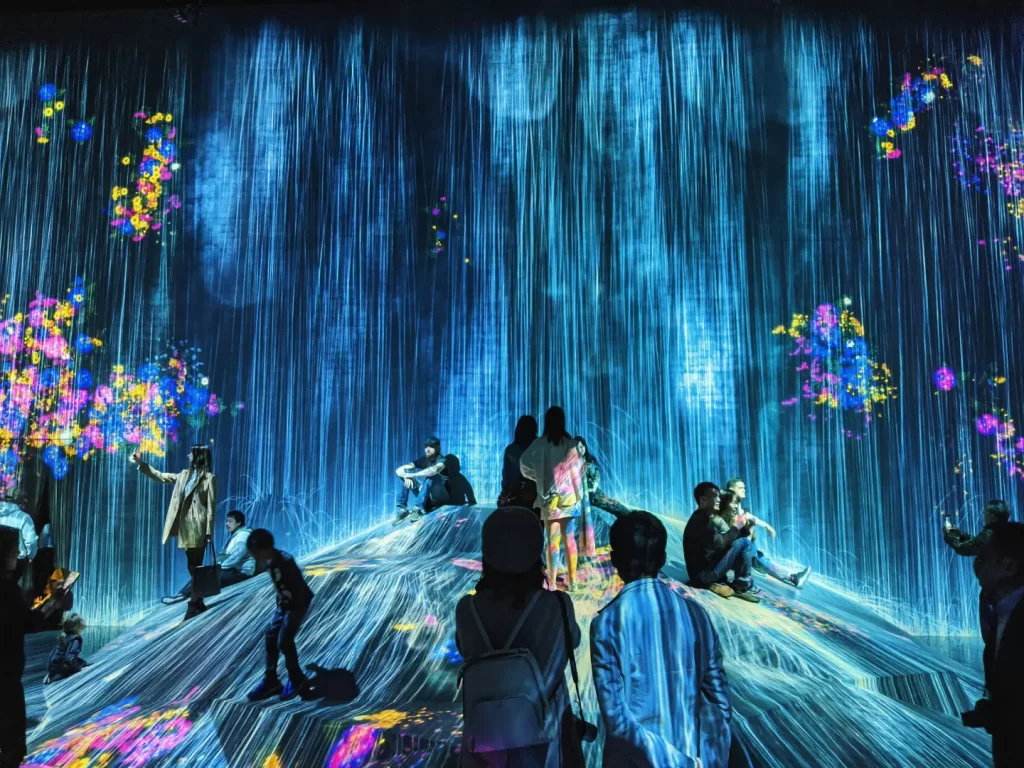Championing a Human-Centered Approach to Digital Transformation in the Cultural and Creative Sectors
In the pulsating heart of the digital era, we find ourselves standing at the intersection of technology and humanity. This digital transformation is redefining the cultural and creative sectors. But how can we ensure that the human element isn’t lost in this fast-paced change? This blog post delves into advocating for a more critical, sensitive, and human-centered approach to digital transformation in these sectors.

Embracing the Digital Wave
The digital transformation is not just a wave; it’s a tsunami altering the landscape of business operations. This translates into a new way of creating, managing, distributing, and monetizing art and cultural services in the realm of culture and creativity.
The Imperative of a Human-Centered Approach
In the excitement of technological advancement, the risk of dehumanization looms large. A human-centered approach serves as a beacon, guiding us to keep people and their experiences at the core of this digital revolution.

Crafting a Human-Centered Digital Transformation
Know Your Audience
The first step towards a human-centered approach is understanding your audience. Their needs, preferences, and behaviors should form the foundation of your digital strategies.
Ignite the Spark of Collaboration and Co-Creation
Involve artists, cultural practitioners, audiences, and technologists in the creation process. This collaborative and co-creative approach can lead to innovative digital experiences that resonate with your audience.

Advocate for Accessibility and Inclusivity
In the digital arena, no one should be left on the sidelines. Prioritizing accessibility and inclusivity ensures your digital offerings are accessible and appealing to a diverse audience.
Embrace Continuous Adaptation
A human-centered approach is not a static strategy; it’s an evolving journey. Regular feedback and data analysis can provide insights into your audience’s needs, helping refine your strategy.
Unleashing the Power of a Human-Centered Approach
A human-centered approach can create engaging and meaningful experiences for audiences, fostering a deeper connection between them and the cultural and creative content. It can promote diversity and inclusivity while helping cultural and creative sectors flourish in the competitive digital landscape.

Conclusion: The Future of Digital Transformation is Human
As we navigate the digital transformation of the cultural and creative sectors, we stand at the precipice of a new era. This change comes with a flood of opportunities and challenges that require us to rethink our approach. Amid the whirlwind of technological advancements, it’s crucial to remember that the future of digital transformation is human.
Digital transformation isn’t simply about adopting the latest technologies or jumping on the newest trends. At its core, it’s about leveraging technology better to serve our human needs, desires, and experiences. It’s about creating a digital landscape that respects our diversity, nurtures our creativity, and promotes our shared cultural heritage.
This human-centered approach takes on even greater significance in the cultural and creative sectors. These sectors are the guardians of our culture and creativity, the custodians of our collective human spirit. As they transform in the digital age, they can shape a digital future that is not just technologically advanced but also culturally rich, creatively vibrant, and fundamentally human.
This journey towards a human-centered digital future might not be easy. It demands a deep understanding of our audiences, a commitment to collaboration and co-creation, a dedication to accessibility and inclusivity, and a willingness to adapt and evolve continuously. But the rewards are worth the effort. A human-centered approach can create more engaging, meaningful, and inclusive digital experiences. It can foster a deeper connection between audiences and cultural and creative content and help these sectors thrive in the competitive digital landscape.
As we step into this exciting future, let’s remember this: technology is a tool, a means to an end. It’s the human spirit that breathes life into culture and creativity. So, as we shape our digital future, let’s ensure it is guided by human needs and experiences, not just technological possibilities. Because the future of digital transformation is not just digital — it’s human.
Join us on a journey through the dynamic landscape of European literature and publishing, where ideas converge and narratives thrive, igniting a vibrant cultural renaissance in “Literature and Publishing Houses: Pivotal Catalysts in Europe’s Cultural Renaissance”







